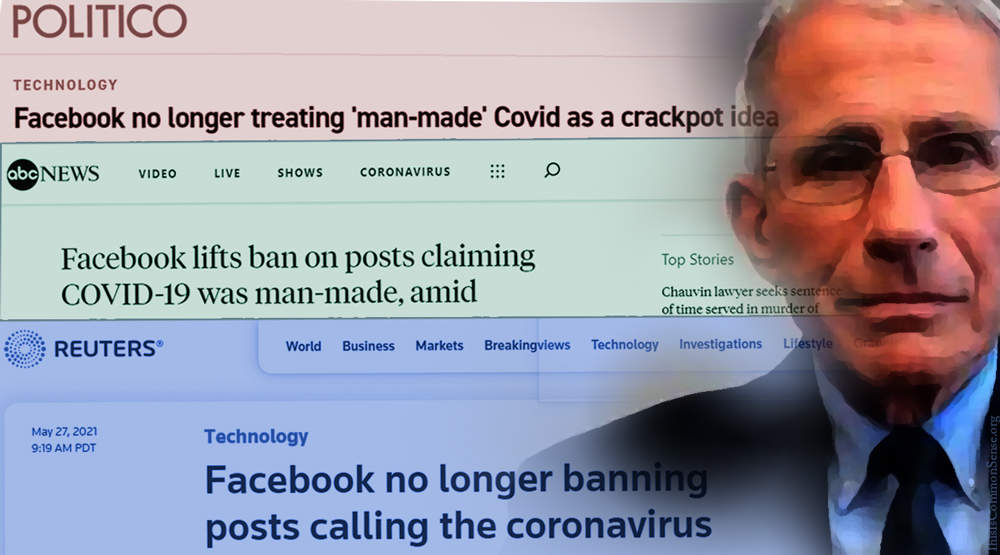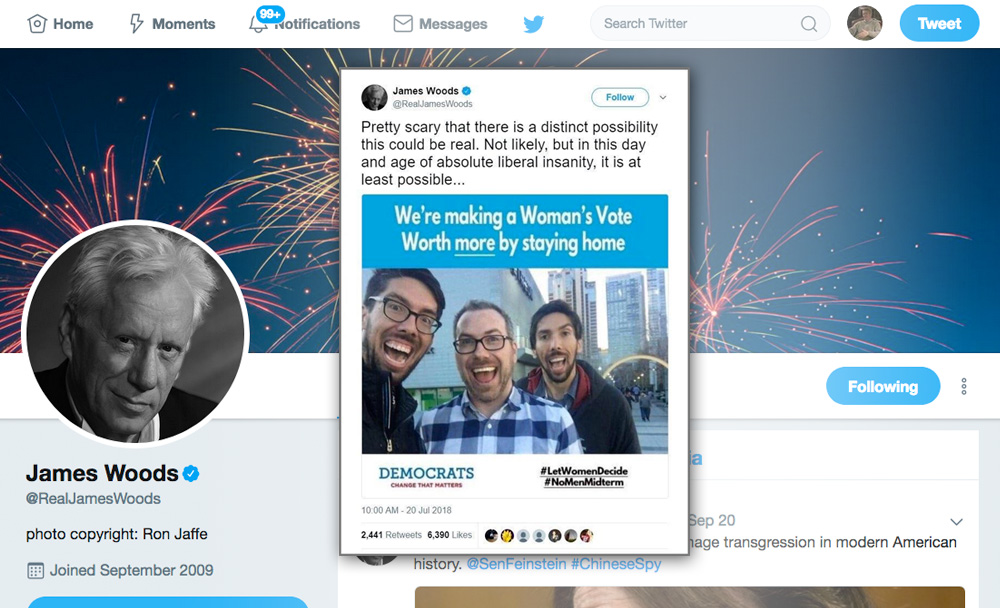Last week, the U.S. Senate voted 51 to 44 to repeal a Biden-era waiver that let California set its own standards for regulating air pollution, stricter than national standards.
Congress’s action means that California may no longer ban sale of new gas-powered cars by 2035.
With presidential prospects in mind, Governor Gavin Newsom has recently been trying to position himself as one of the less-unhinged Democrats; he has a podcast and talks (!) to conservatives. To keep up this act, he would have had to accept defeat of his autocratic attempt to circumvent markets and outlaw consumer choice in the auto industry.
Instead, Newsom is suing to overturn Congress’s good deed, which he says is all about “making America smoggy again.”
“This is not about electric vehicles,” he says. “This is about polluters being able to pollute more.” More than what? Gas cars aren’t a new thing. And electric cars, for all their novelty and appeal, come with a host of trade-offs from high price to extra weight to battery-charging problems — and EV pollution.
Slogans don’t change that.
The tradeoffs hardly make electric cars automatically preferable to consumers free to make up their own minds what kind of car to buy.
When electric cars sell and develop in competition with gas vehicles, fine; no problem. But when government makes gas vehicles disappear by fiat? The salutary incentives provided by direct competition will also disappear. And our roads become filled with ill-fit technology.
The most fundamental issue here is not electric vehicles. And it’s not pollution.
It’s freedom.
To which Governor Newsom, sad to say, remains staunchly opposed.
This is Common Sense. I’m Paul Jacob.
Illustration created with Krea and Firefly
See all recent commentary
(simplified and organized)
See recent popular posts















